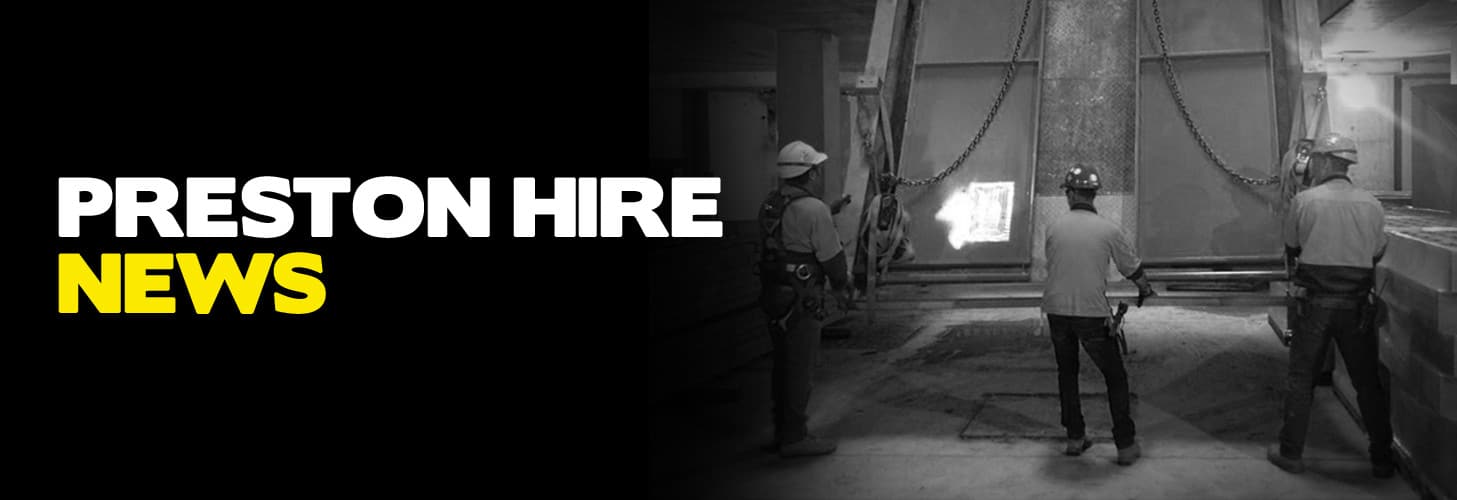
The construction industry is an important contributor to New Zealand’s economy, employing over three hundred thousand people and generating an estimated revenue of over NZ$17.6 billion dollars a year. However, there are many pain points faced by construction companies that challenge growth, productivity, and profitability. Factors like project delays, price increases on materials, and inefficient work practices continue to negatively impact the return on investment for projects. More and more, companies are seeking improved timelines, costs, and workflow efficiencies on their job sites.
The following covers the most common pain points faced by New Zealand construction companies and what you can do about it.
Rising costs continue to impede the growth of construction companies. Supply chain disruptions, inflation, high prices for raw materials, and the surge in electricity and oil prices, among other factors, has resulted in a continual upward trend in the cost of construction projects. This is exerting sustained pressure on fixed-price contracts and margin targets, leading to lower returns on investment and higher rates of insolvency.
According to a 2023 report by the Ministry of Business, Innovation & Employment, the New Zealand construction sector continues to lag behind other industries when it comes to achieving stable, strong productivity growth over time. From 2020 to 2023, labour productivity only grew at a rate of 0.5 per cent per annum, making construction one of the lowest performing sectors. Research has shown that unproductive work activities are costing New Zealand construction companies NZ$53 billion a year in lost opportunity. Material handling inefficiencies are one example of unproductive work activities that can lead to stretched project timelines.
The scarcity of skilled labourers is an ongoing issue for construction companies, with research conducted by the New Zealand Infrastructure Commission forecasting a deficit of approximately 118,500 construction workers in 2024. With $64 billion dollars’ worth of infrastructure projects alone planned for 2021-2026, demand for labourers is only going to increase over time. Skilled labour shortage is an issue stemming from various factors, including tighter immigration policies and an aging workforce. This imbalance between the available workforce and the labour demands of projects often leads to delayed timelines, incurring penalties and reducing profits. Many companies, therefore, are looking for solutions that help mitigate the shortage of skilled labourers.
When it comes to material handling requirements on construction sites, loading platforms continue to be the tool of choice. However, traditional loading platforms can cause costly delays due to their outdated installation method. It takes upwards of 45 minutes to install, relocate, or remove fixed decks, in part due to the required minimum of six re-shore props and the fact that they cannot be bolted down. Although loading platforms help to streamline material handling needs on site, this installation method negatively impacts productivity on site.
There is also a common trend of using scaffold working platforms for material handling. However, these types of loading bays need to be built and so can be a very time-consuming endeavour. Using a deck already built and ready to handle your required loads saves precious money and time. These working platforms also can be limited in terms of their load capacity, meaning more crane time is used as materials must be offloaded more frequently in lighter batches.
How a Planned System Can Help
Investing in hire equipment to enhance productivity, reduce labour costs, and streamline workflow on site is the solution. Innovation in resolving the above problems has led to the introduction of more efficient material handling tools in the market, such as the SuperDeck® retractable loading platform system.
Not only able to be stacked vertically, but also rolled in and out as needed, the SuperDeck® offers a convenient drawer-like system proven to quicken the material handling process. Requiring only one operator, it also frees up the rest of your team so they can perform other high value tasks. Taking as little as 15 minutes, our two-prop installation method saves critical time on site, helping to boost productivity.
If enhancing your operational efficiency is a priority, speak to the team at Preston Hire to learn more about how the SuperDeck® can provide the solution for your upcoming project. Call 0800 440 558 or visit our website.
SERVICES
SAFETY
About
NEWS